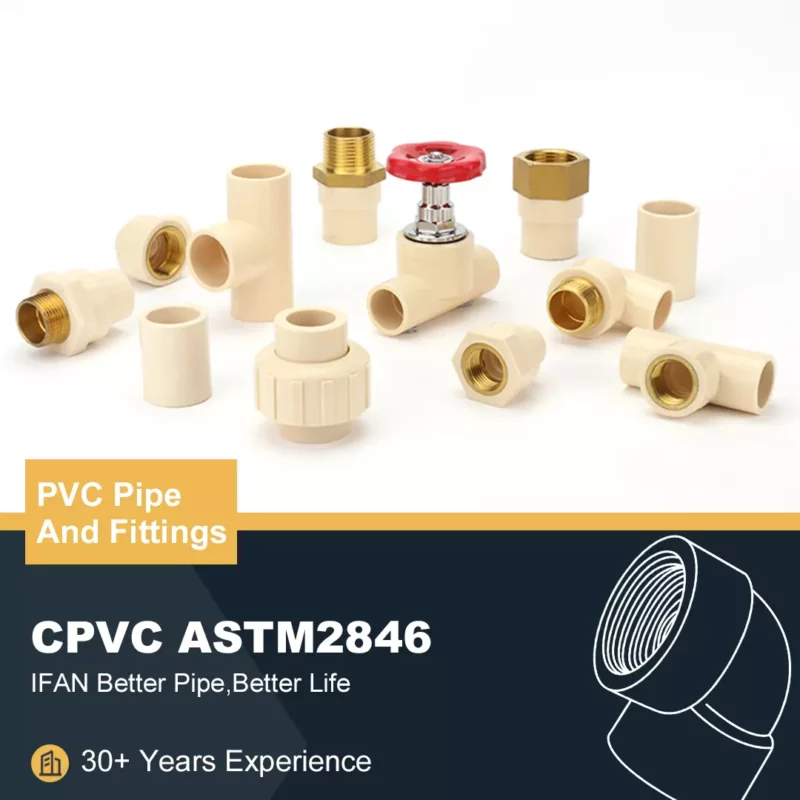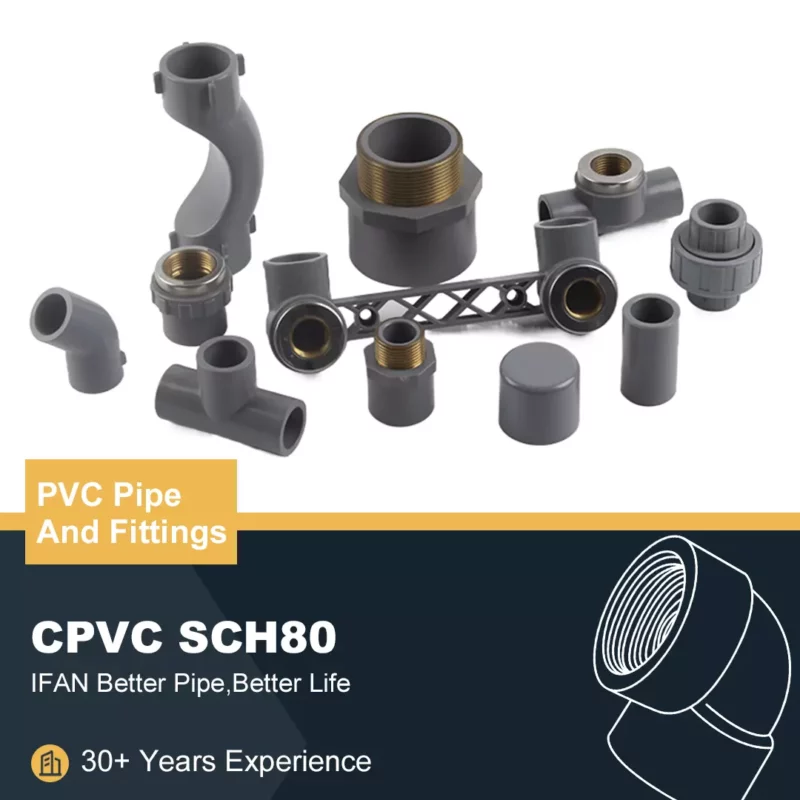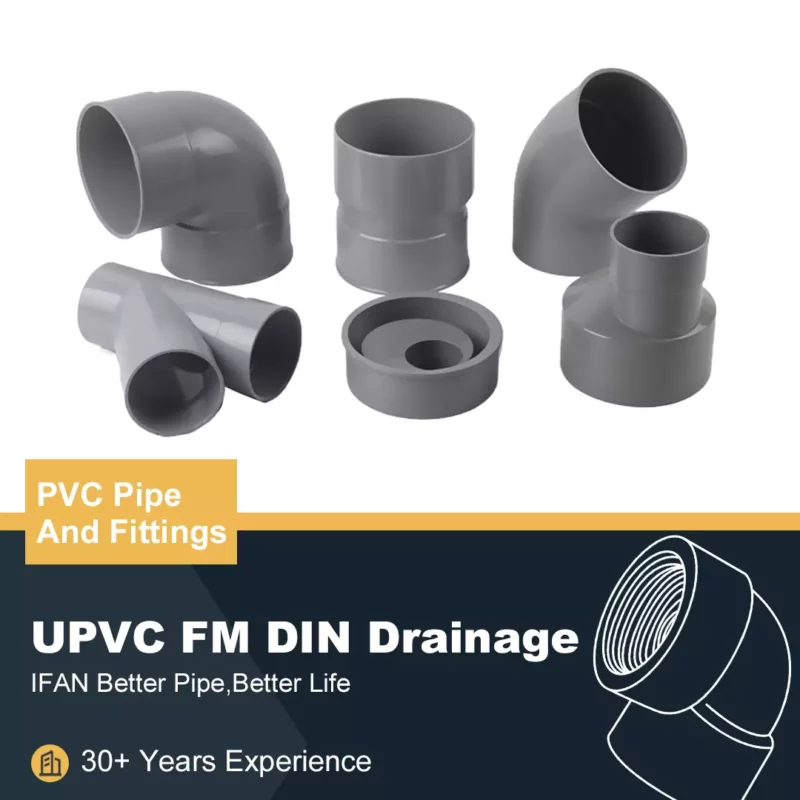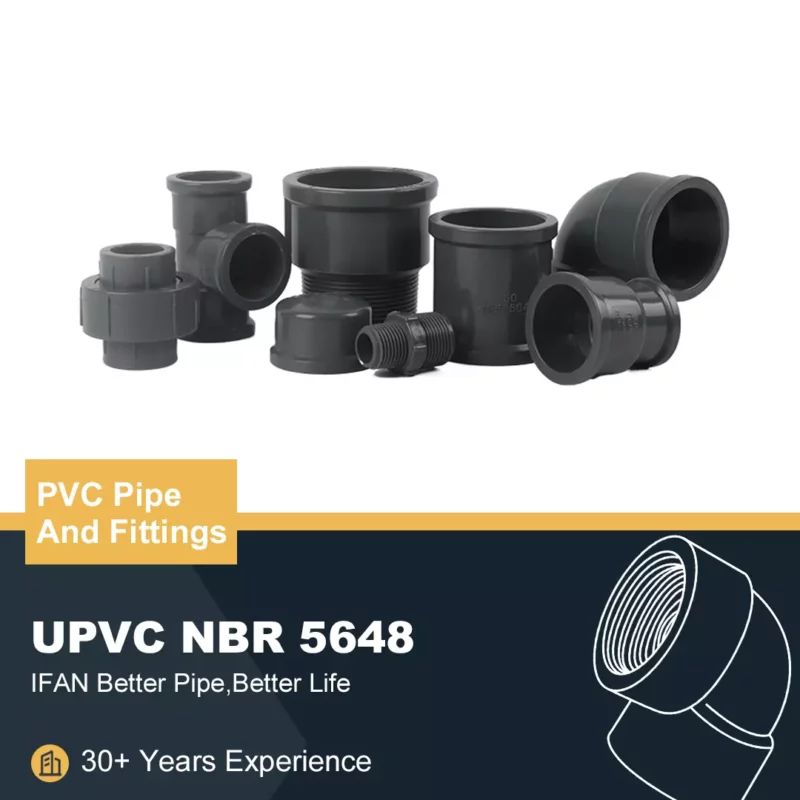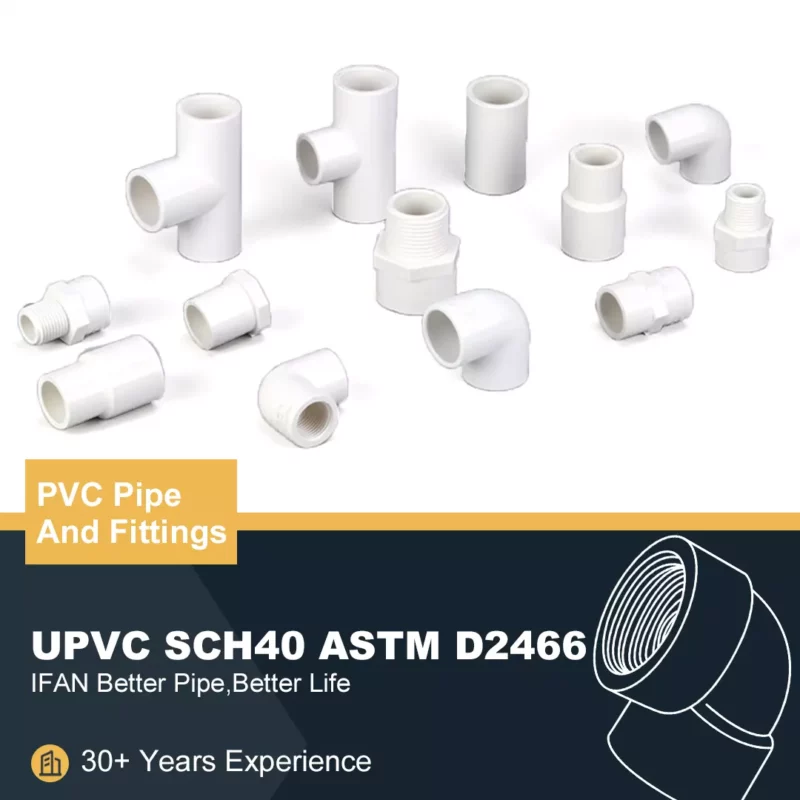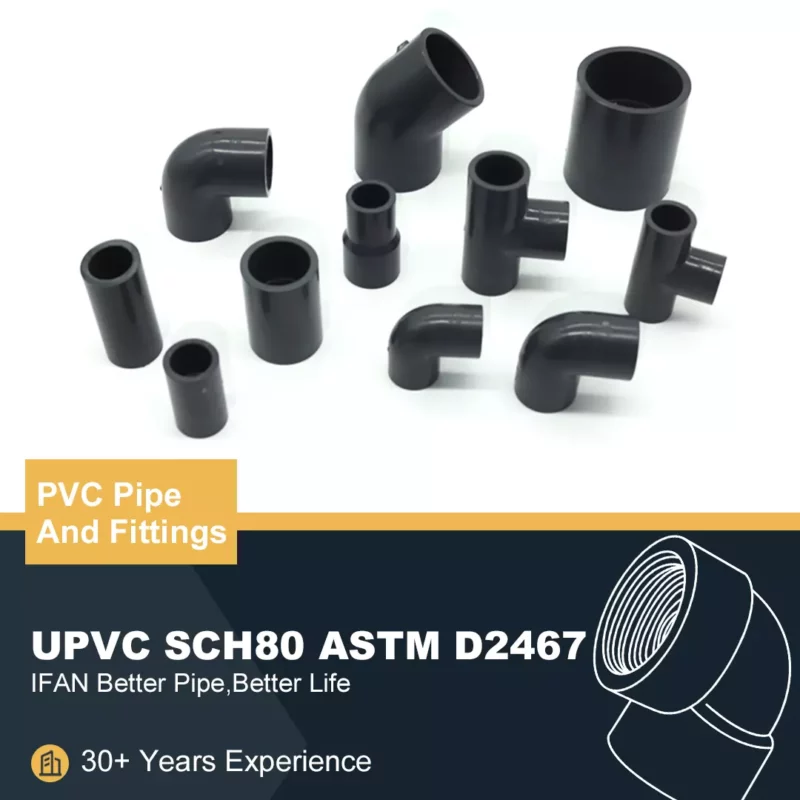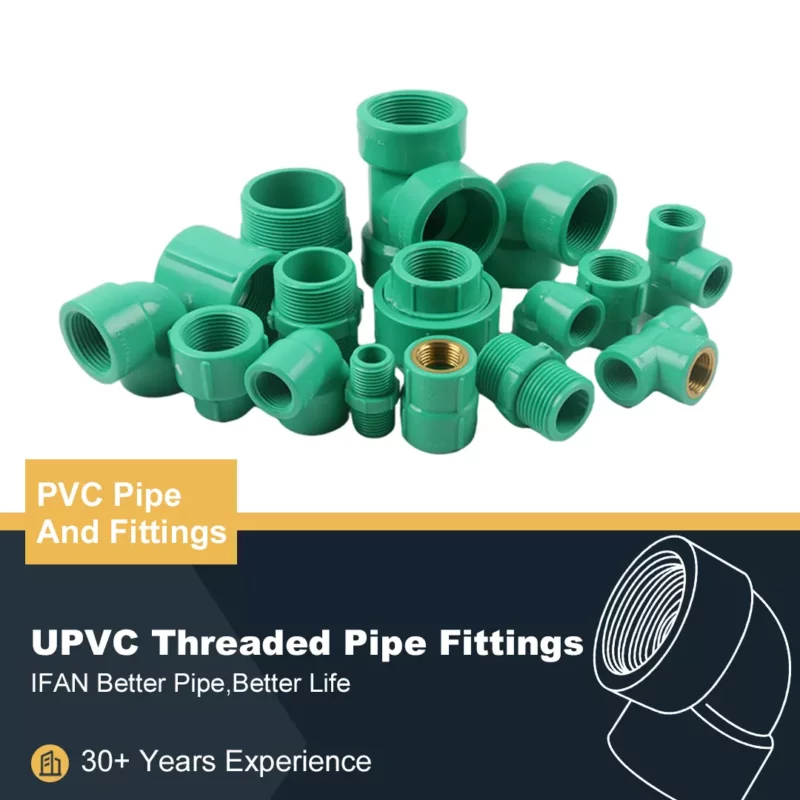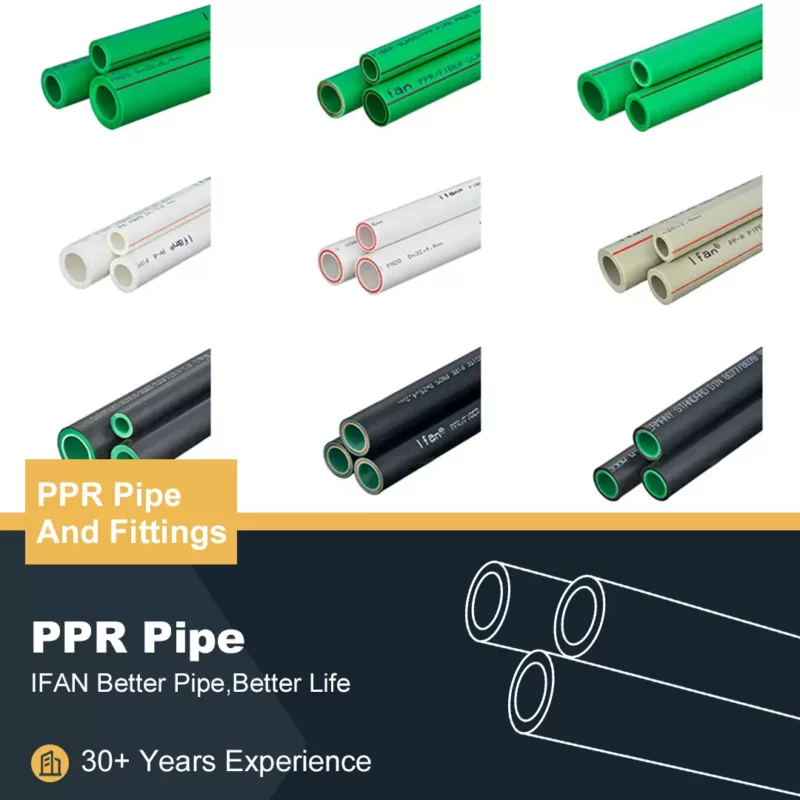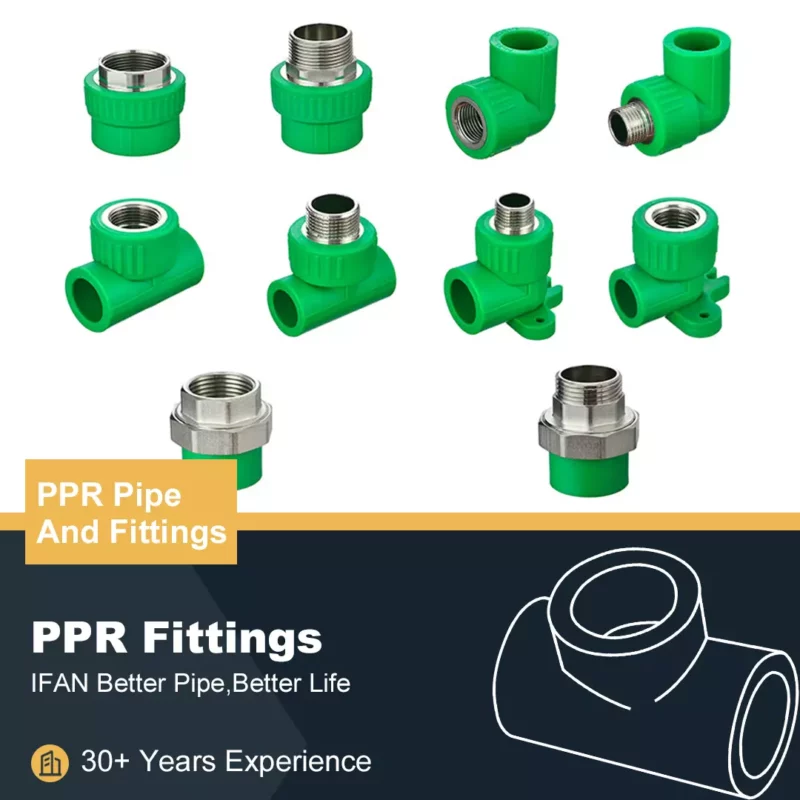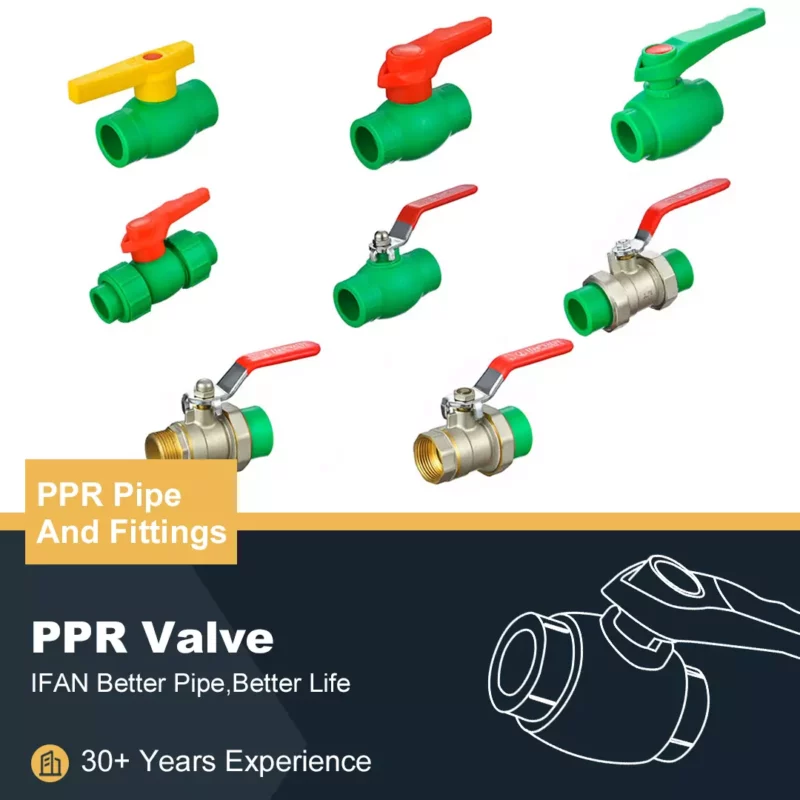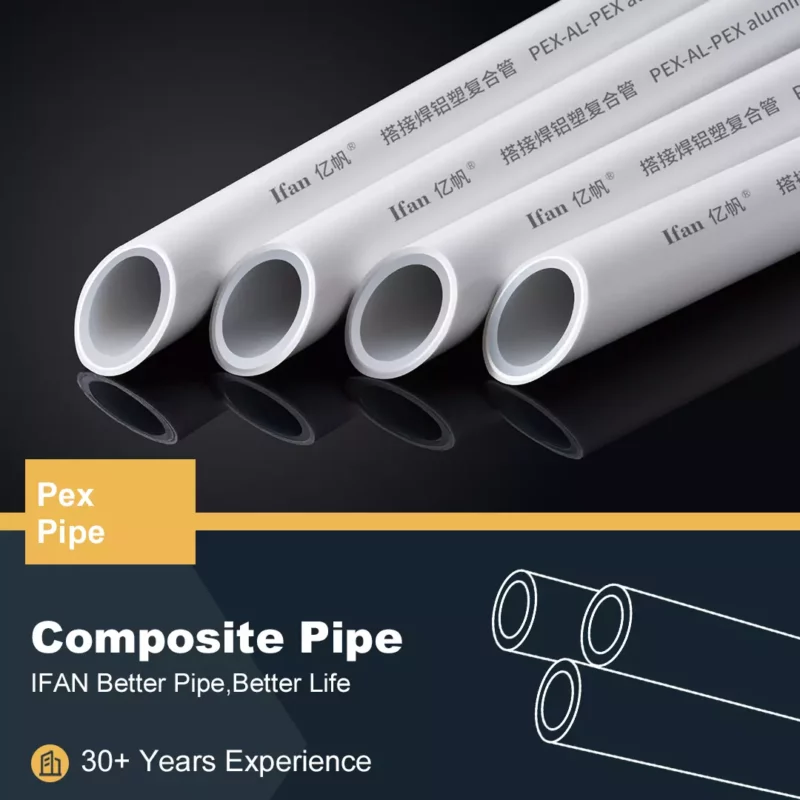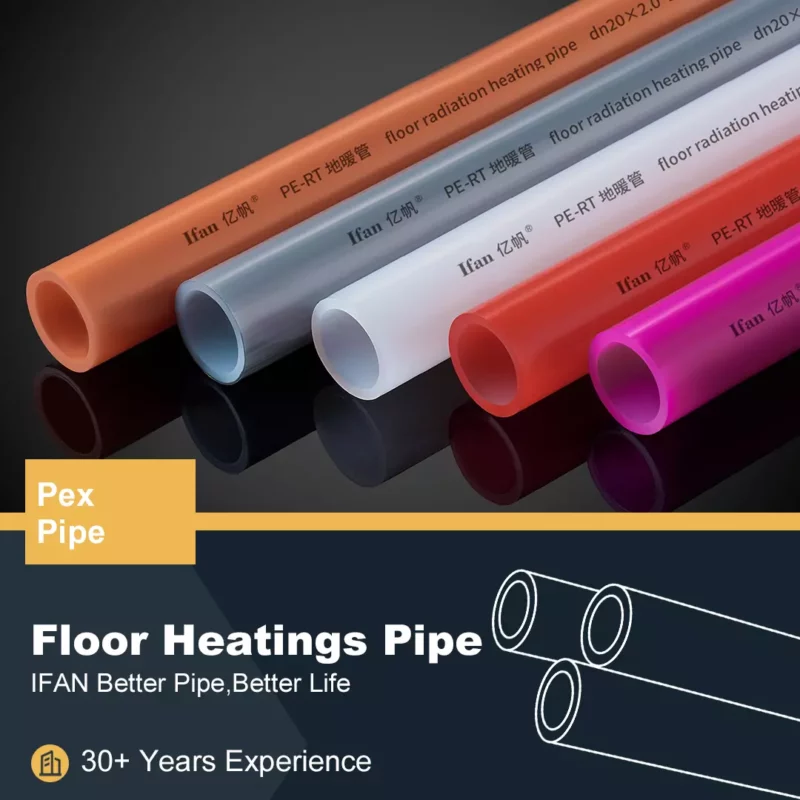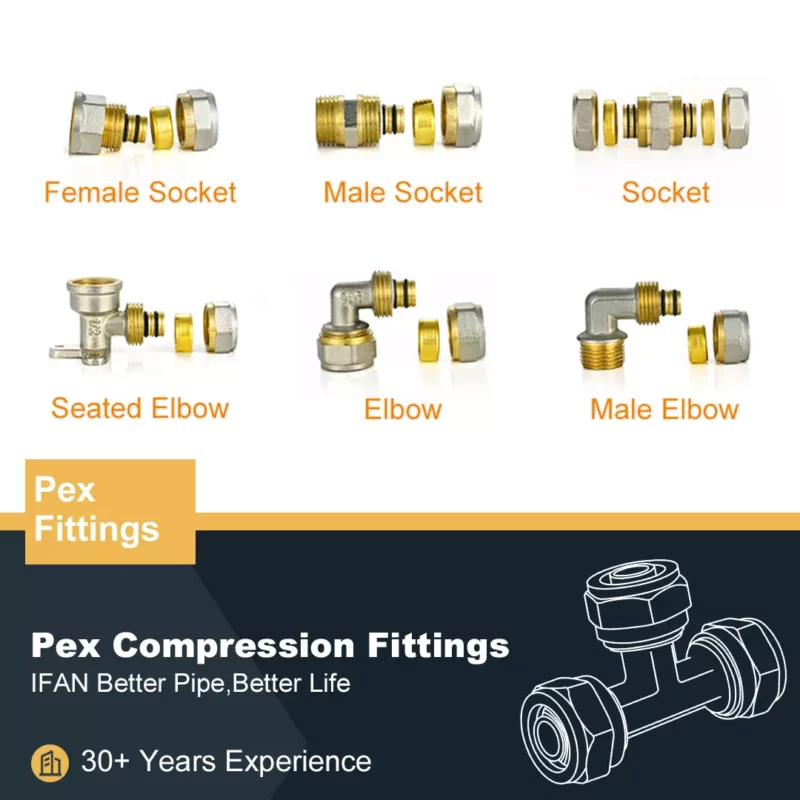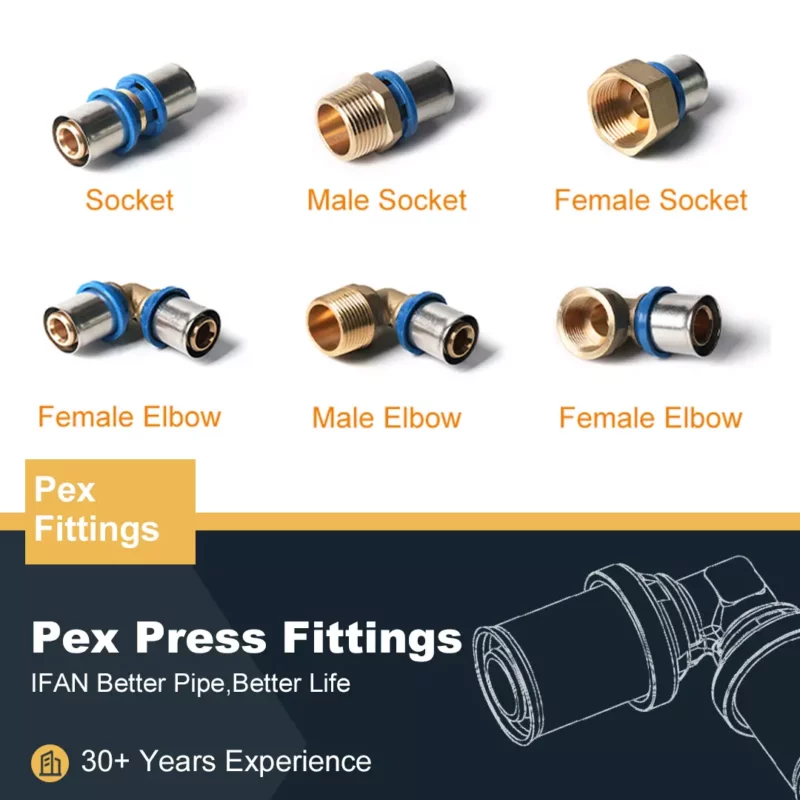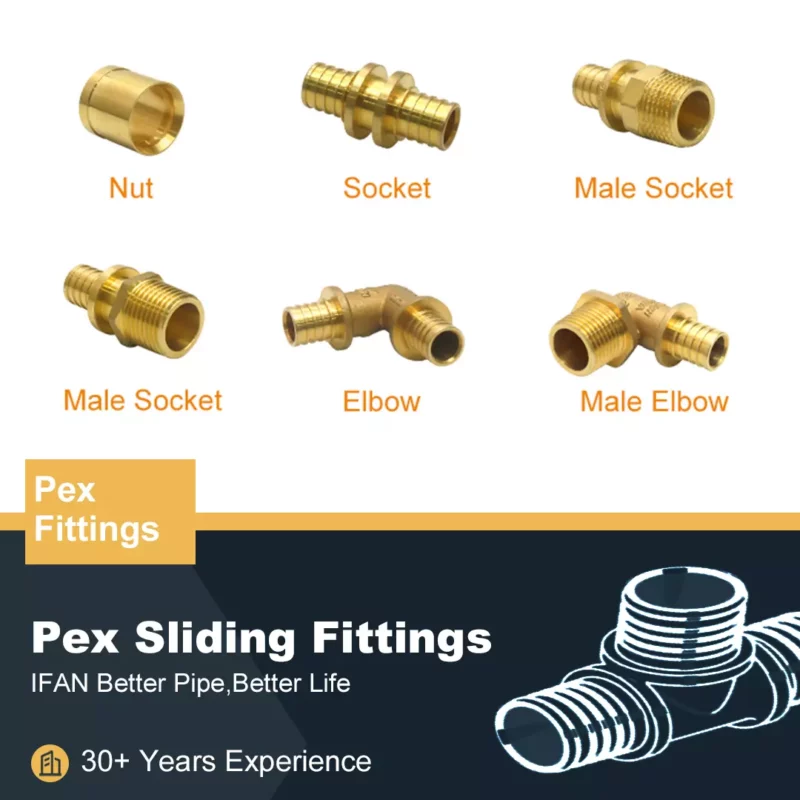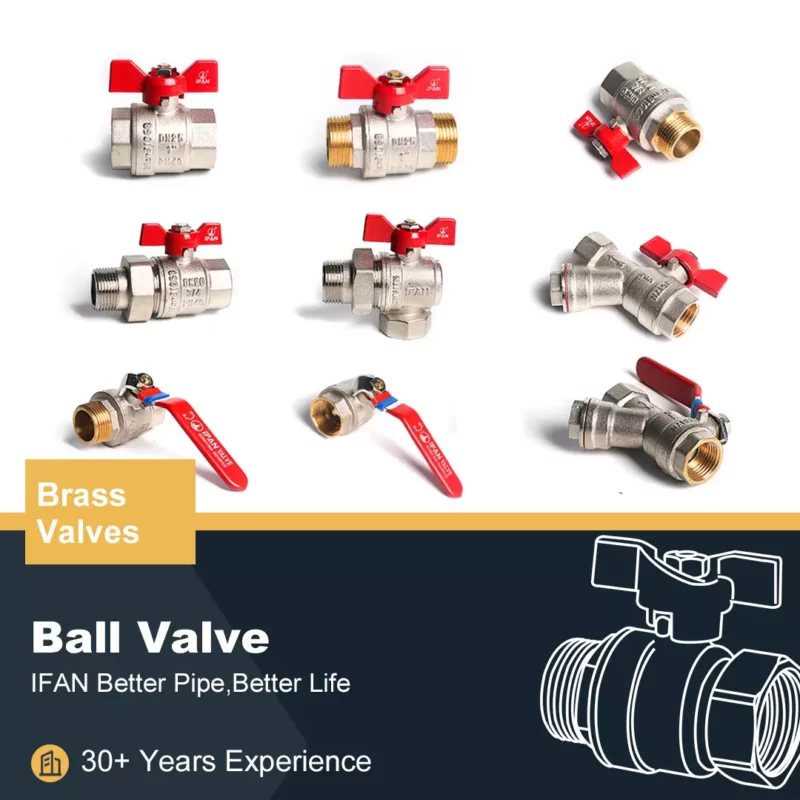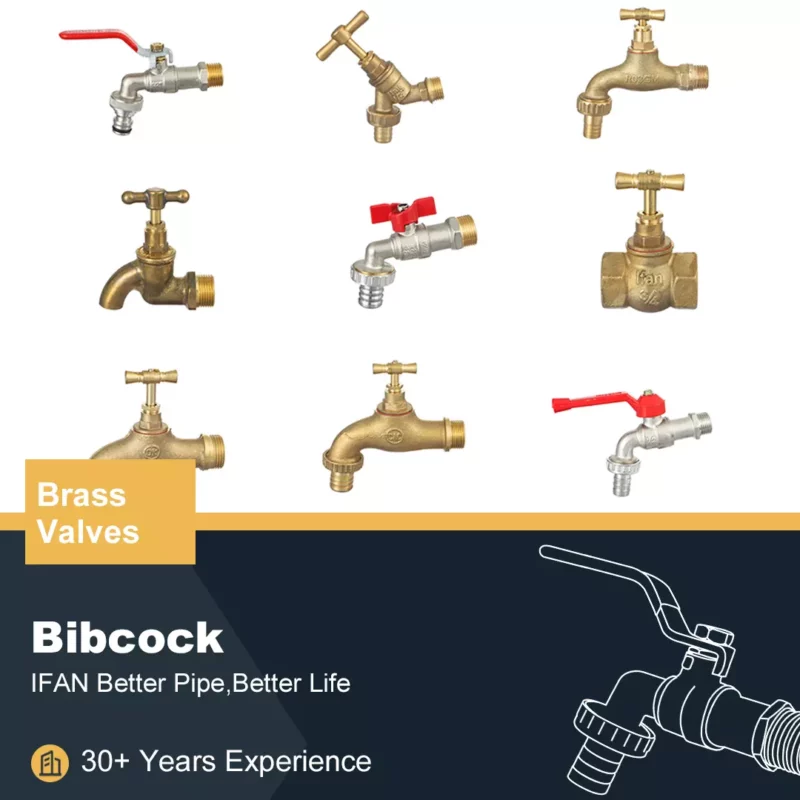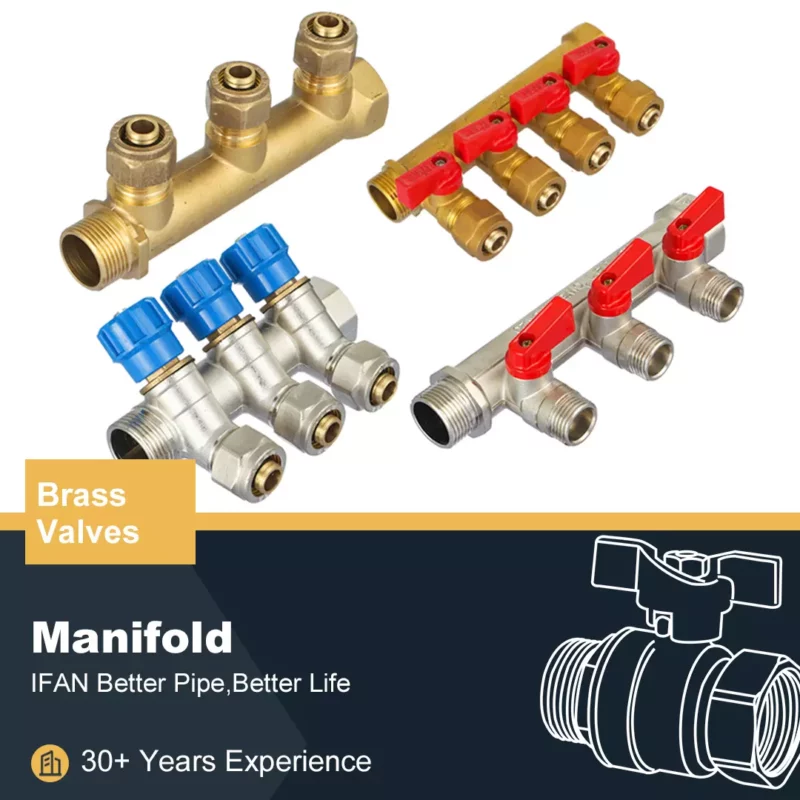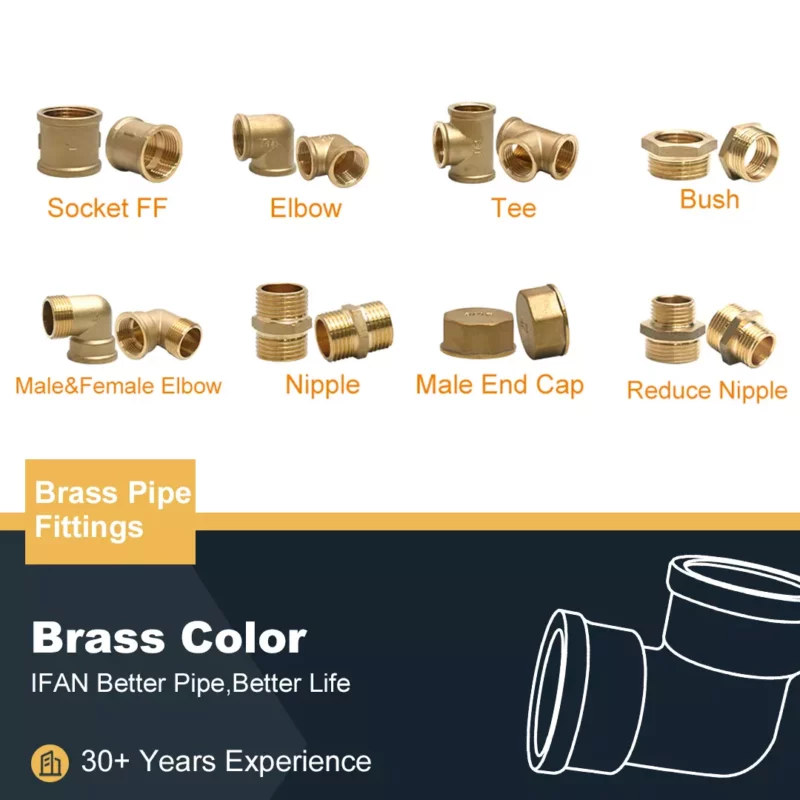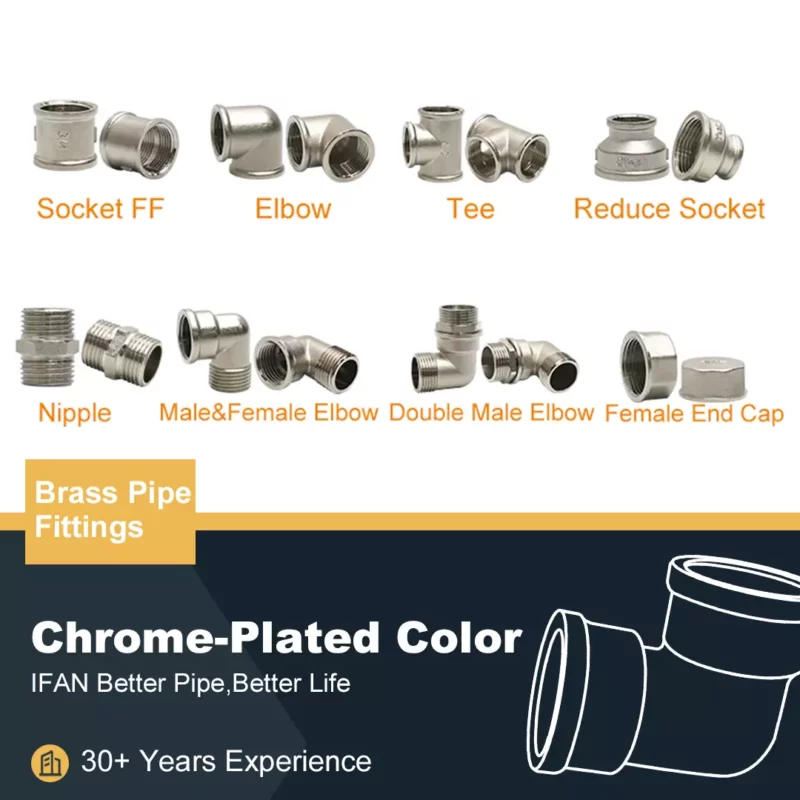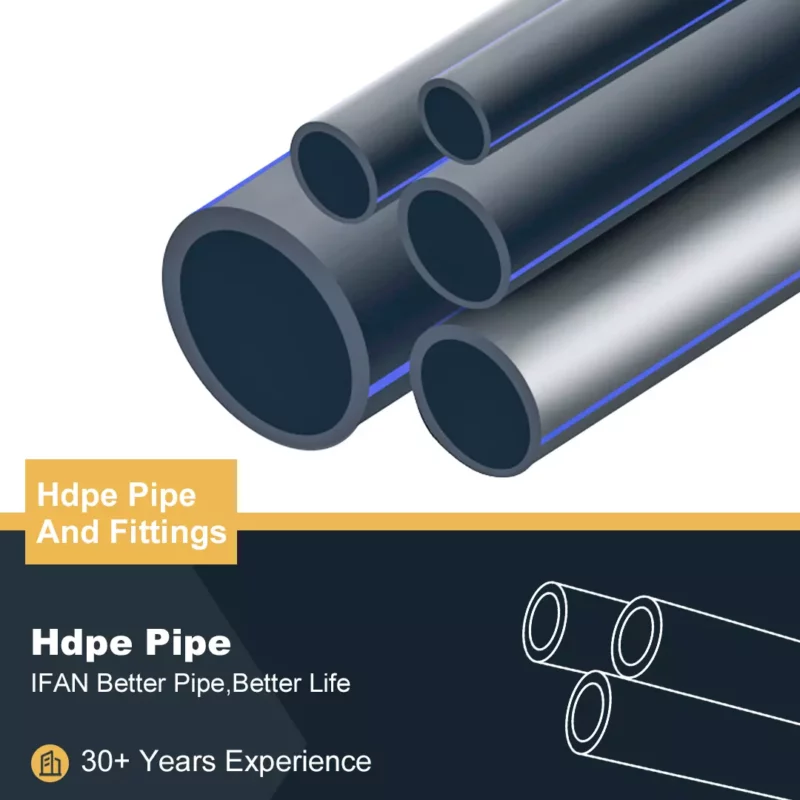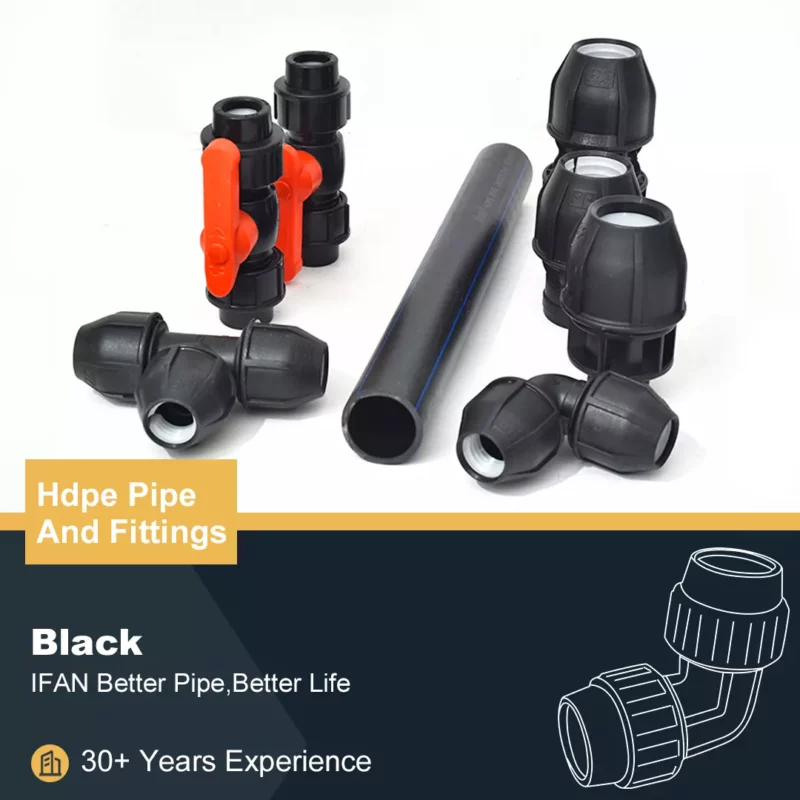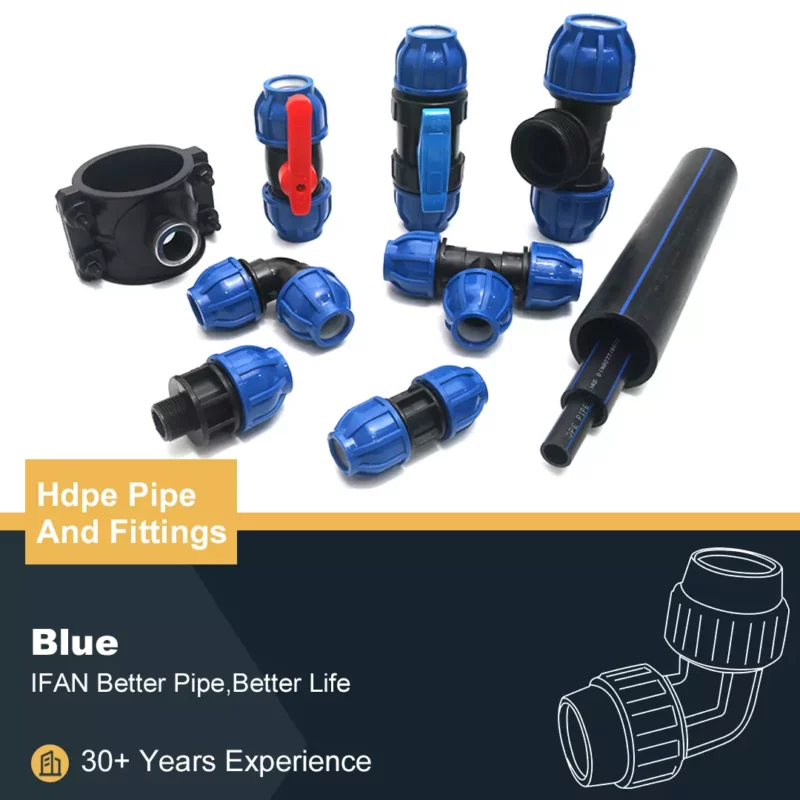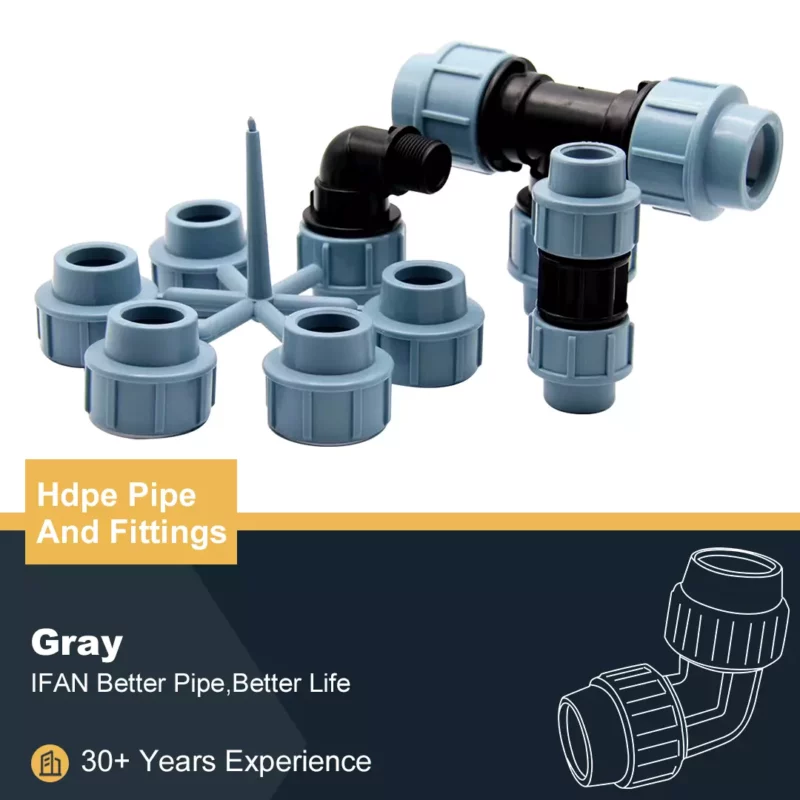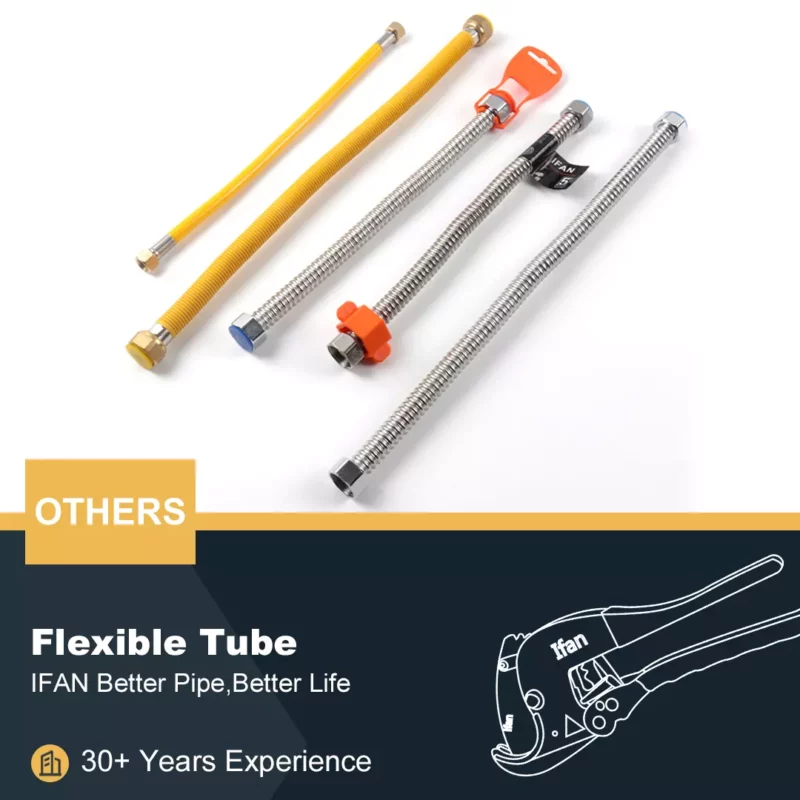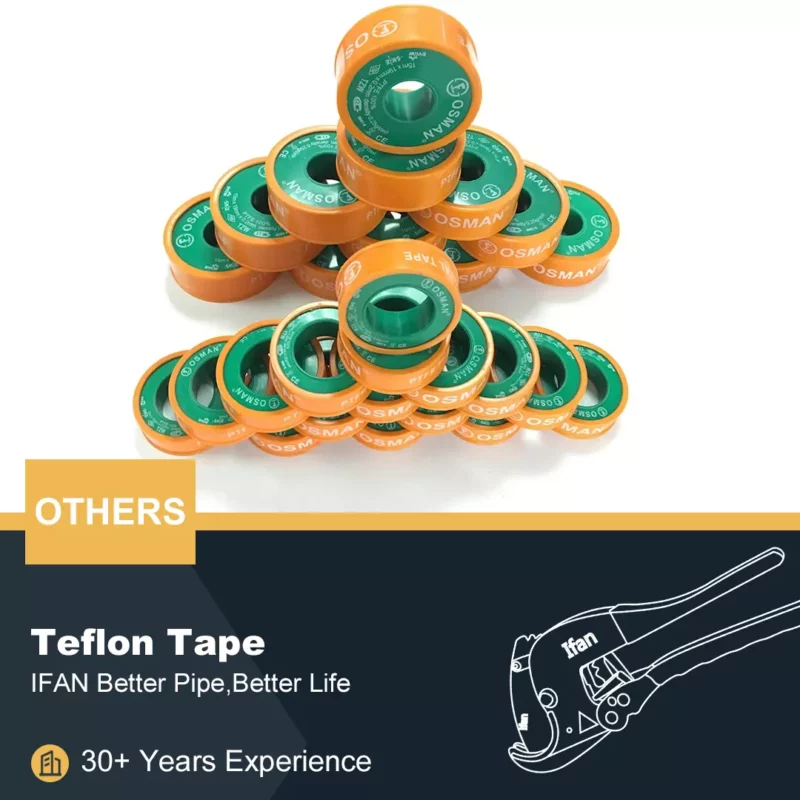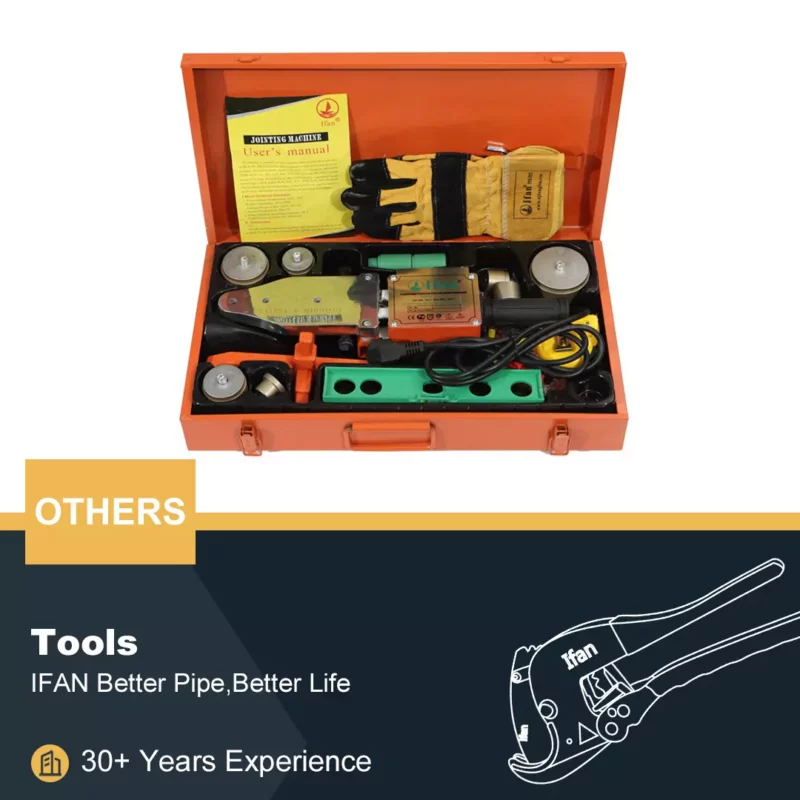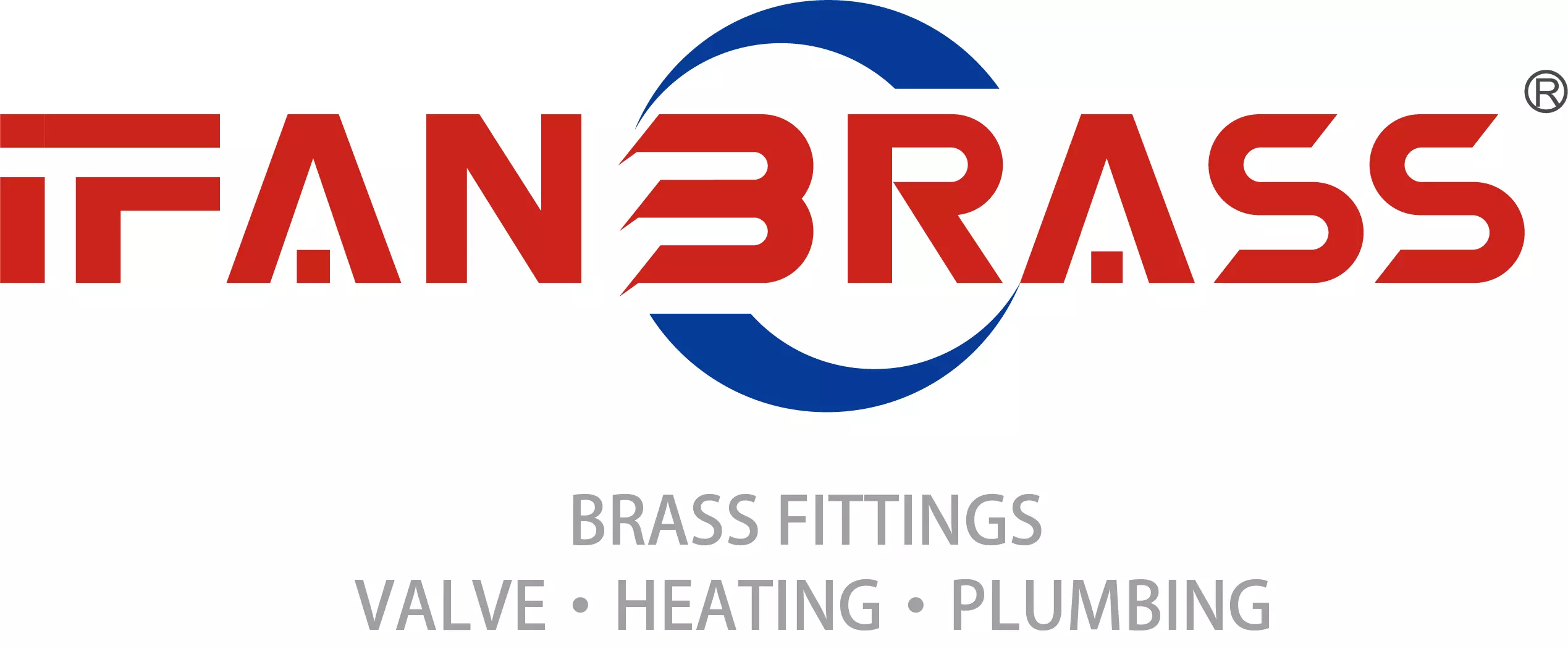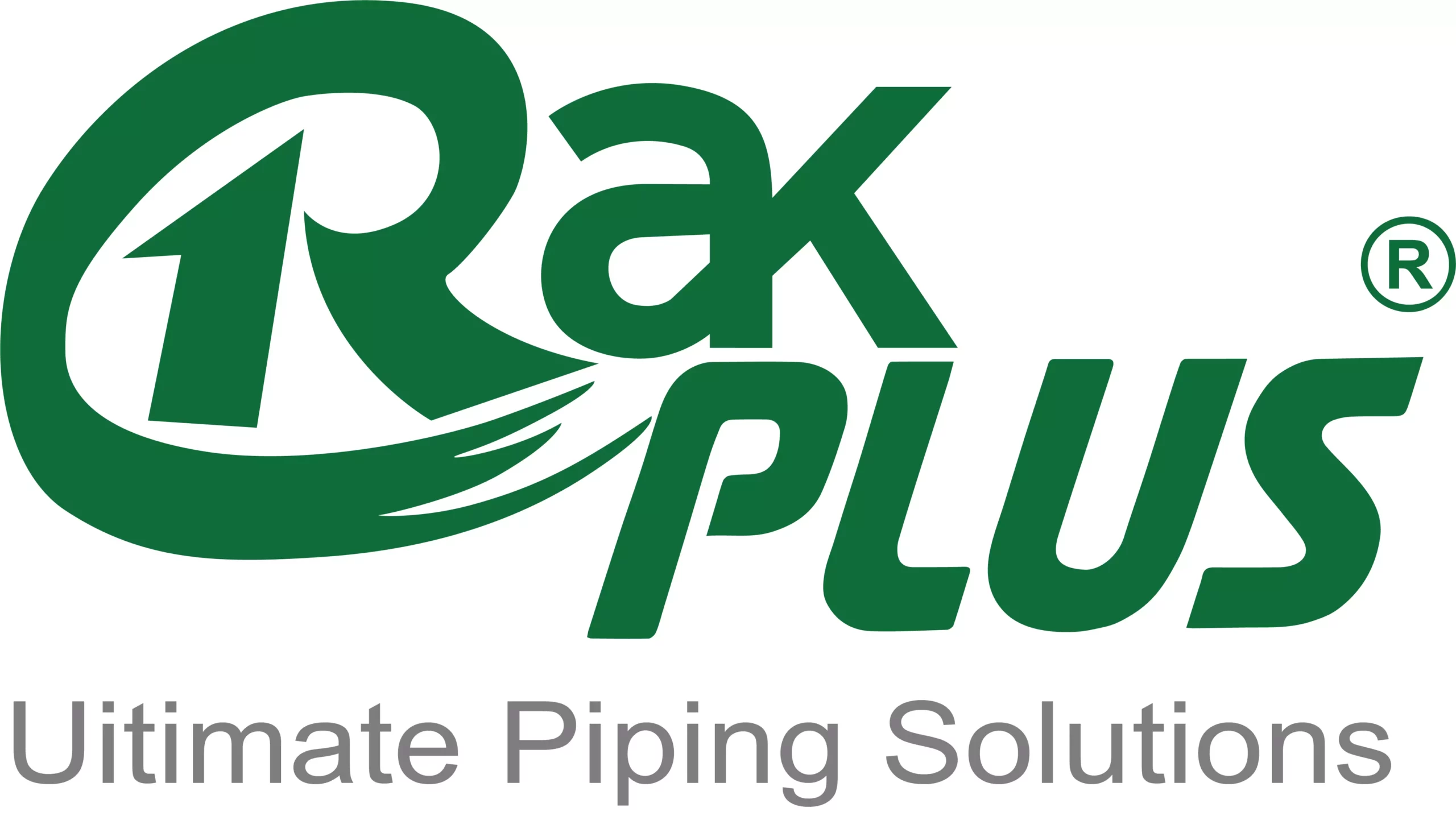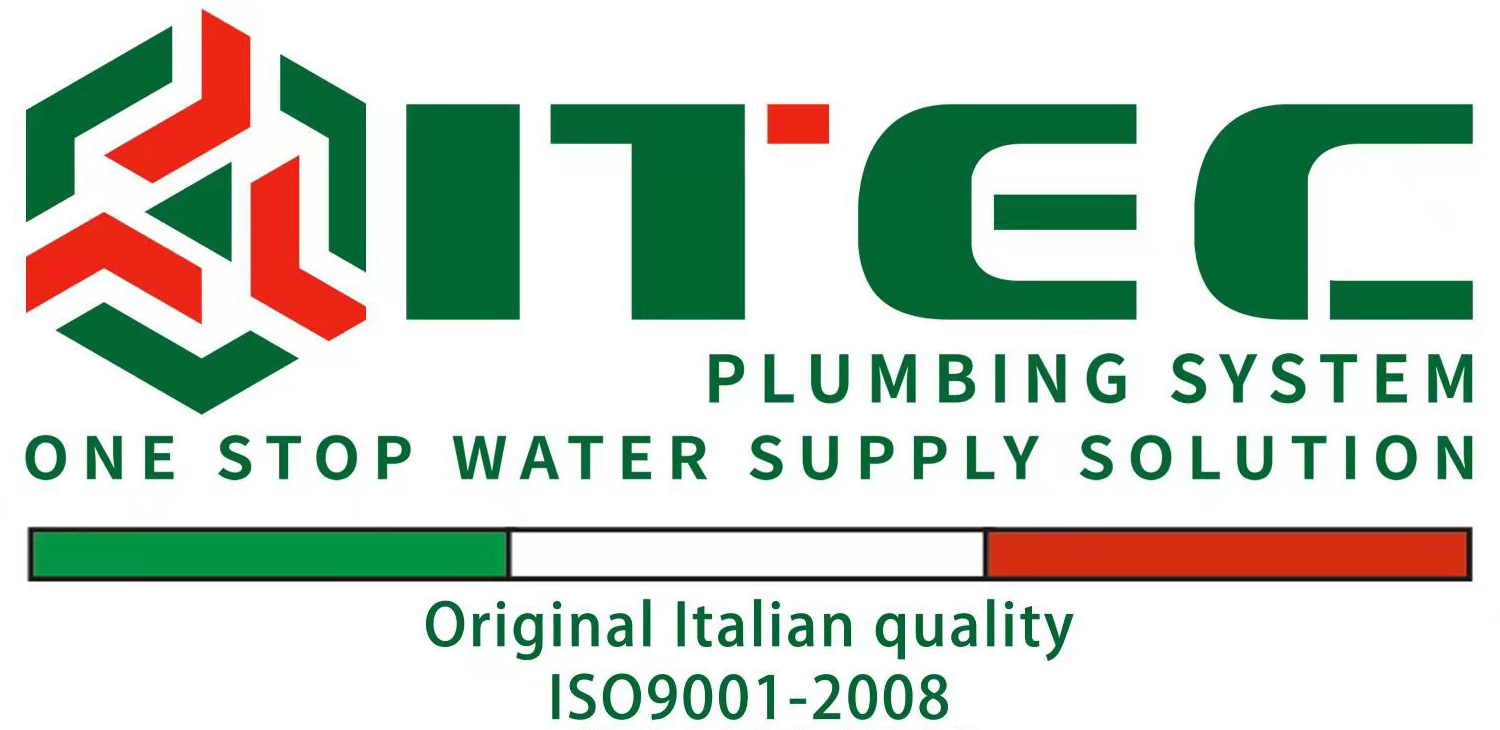Brass ball valves are widely used in various industries due to their robust performance and durability. One of their key attributes is their corrosion resistance. This feature makes them suitable for applications in challenging environments where exposure to corrosive elements is a concern. Understanding the corrosion resistance of brass ball valves involves examining the material composition, corrosion mechanisms, and practical examples of their use.
Material Composition
Brass is an alloy primarily composed of copper and zinc. The proportion of these metals can affect the valve’s corrosion resistance. Typically, brass used in ball valves is a combination of 60% copper and 40% zinc. This alloy provides a balance between strength and corrosion resistance. The presence of copper enhances resistance to oxidation, while zinc helps in improving the alloy’s workability. For enhanced corrosion resistance, some brass alloys include small amounts of other elements, such as lead or tin.
Types of Corrosion
Brass ball valves can be susceptible to various types of corrosion. Understanding these types helps in assessing their performance in different conditions. Uniform corrosion occurs evenly over the surface and can be caused by exposure to water or acids. Pitting corrosion creates localized, small holes and is often due to chloride exposure. Crevice corrosion happens in confined spaces, where stagnant water or debris can cause localized damage. Stress corrosion cracking occurs under tensile stress in the presence of corrosive agents.
Corrosion Mechanisms
Brass’s resistance to corrosion depends on the type and environment of exposure. Atmospheric corrosion affects brass when exposed to air and moisture. Brass develops a protective patina layer that slows down further corrosion. Water corrosion involves continuous exposure to water, which can accelerate corrosion if the water is highly acidic or alkaline. Chemical corrosion occurs when brass is exposed to harsh chemicals, which can break down the alloy’s protective layers and lead to faster deterioration.
Protective Coatings
To enhance corrosion resistance, brass ball valves can be coated with protective layers. Nickel plating is a common coating that provides a barrier against corrosive elements. Nickel-coated brass valves are particularly effective in resisting corrosion from water and various chemicals. Chromium plating is another option that offers a hard, shiny surface and additional corrosion protection. These coatings can significantly extend the lifespan of the valves in aggressive environments.
Practical Examples
In practical applications, brass ball valves are used in various environments where corrosion resistance is crucial. For example, in water supply systems, brass valves handle water that may contain minerals and salts. Their corrosion resistance ensures longevity and reliable operation. In HVAC systems, where exposure to air and water can lead to corrosion, brass ball valves provide durable performance. They are also used in marine applications where exposure to saltwater demands high corrosion resistance. In these cases, brass ball valves with appropriate coatings can resist the corrosive effects of seawater.
Comparative Corrosion Resistance
When comparing brass to other materials like stainless steel or plastic, it is important to consider its relative corrosion resistance. Stainless steel generally offers superior corrosion resistance, especially in highly corrosive environments. However, brass ball valves are often chosen for their cost-effectiveness and adequate performance in less aggressive conditions. Plastic valves might offer better resistance to certain chemicals but lack the strength and temperature tolerance of brass. Thus, brass provides a balanced option for many standard applications.
Maintenance and Longevity
Even with their corrosion resistance, brass ball valves require regular maintenance to ensure optimal performance. Inspecting the valves for signs of corrosion and applying protective coatings as needed can extend their service life. In environments prone to high corrosion rates, such as coastal areas or industrial sites, additional measures like regular cleaning and preventive maintenance are essential. Addressing minor corrosion issues promptly can prevent more serious damage and ensure the valves continue to function effectively.
Conclusion
Brass ball valves are well-regarded for their corrosion resistance, thanks to the material composition and protective coatings. While they are not immune to corrosion, their ability to handle various environmental conditions makes them a reliable choice for many applications. Understanding the types of corrosion, the mechanisms involved, and practical maintenance strategies can help in selecting the right valve and ensuring its longevity. Brass ball valves offer a balanced combination of durability and performance, making them suitable for a wide range of industrial and residential uses.
If you have read this article and have any questions, please feel free to contact IFAN. Below is our contact information:
Whatsapp:+86 13373827623
Email:[email protected]

